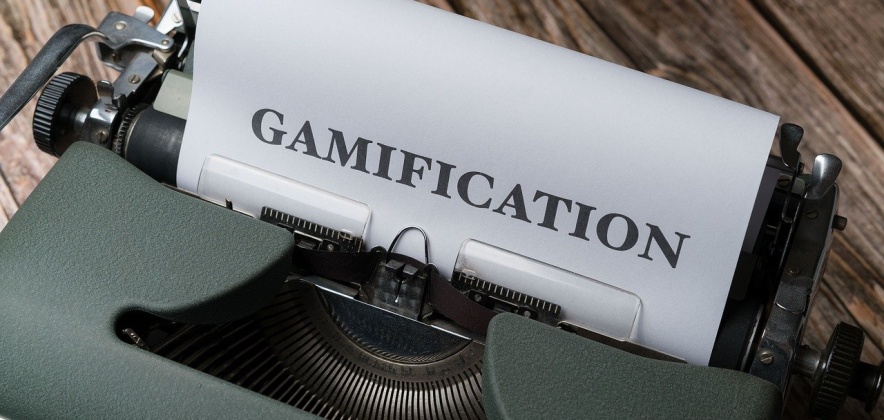
Abstract
In the framework of didactic-educational design, assessment, considered in its constructive function of the formative process (Scriven, 1967), can activate forms of complex cognitive interaction between teacher and student (Trinchero, 2023) and generate feedback useful for forms of self/hetero-reflection of one’s teaching practice and learning process. The cognitive activation promoted by assessment can be facilitated with the introduction of technologically advanced learning environments, including cross-reality (X-reality): indeed, is emphasized that the use of such tools, incorporated and supported by holistic educational design, can promote the development of complex competencies and skills (Educause, 2020). Considering these reflections, the purpose of the paper is to understand how the use of X-reality can benefit assessment and, consequently, teaching-learning processes.
 Classified "A" by ANVUR in the fields 11/D1, 11/D2 Scientific in the field 14.
Classified "A" by ANVUR in the fields 11/D1, 11/D2 Scientific in the field 14.

